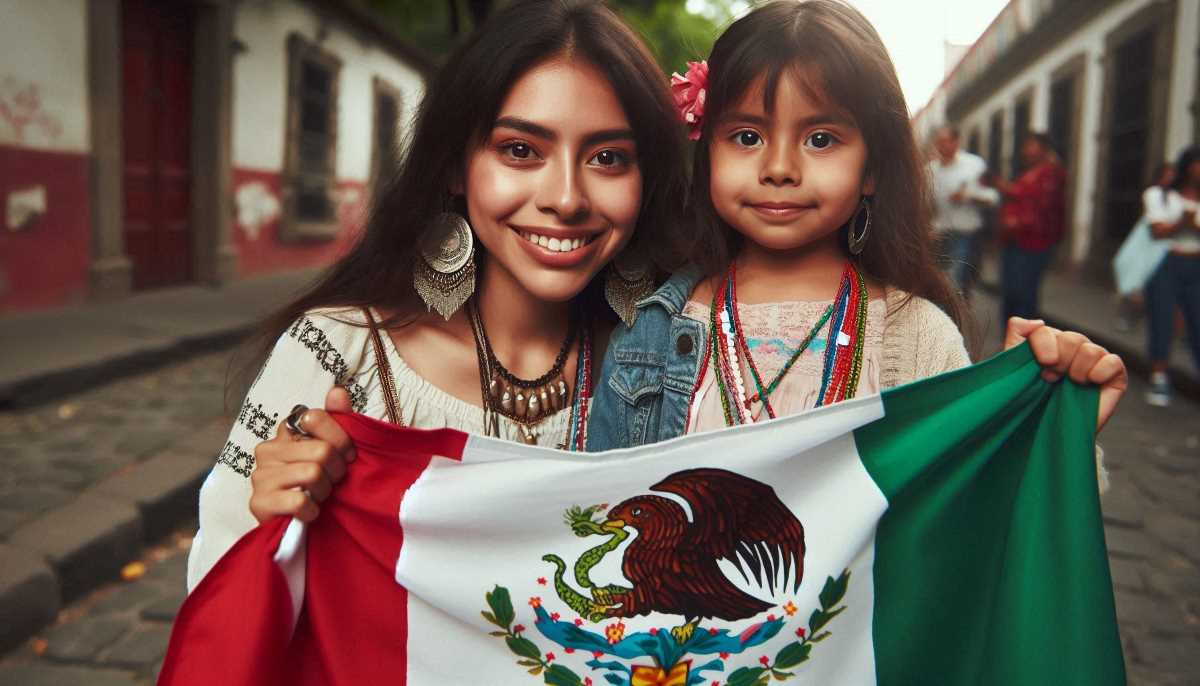Chamber of Deputies Approves Historic Reform for Indigenous and Afro-Mexican Communities
The Mexican Chamber of Deputies approved a reform to Article 2 of the Constitution, recognizing indigenous and Afro-Mexican peoples as subjects of public law with legal rights, autonomy, and assets.

Mexico is on the precipice of a profound constitutional transformation. A seismic shift is underway as the nation grapples with its complex history of indigenous and Afro-Mexican marginalization. The recent approval by the Constitutional Points Commission of a reform recognizing these communities as subjects of public law is a landmark moment, a bold assertion that these groups are not mere footnotes in Mexico's narrative but integral chapters.
The proposed amendment is a behemoth of legal jargon, a dense thicket of constitutional clauses and legislative intent. Yet, at its core, it is a simple, radical idea: indigenous and Afro-Mexican peoples are not simply citizens of Mexico; they are Mexico. This recognition is more than a symbolic gesture. It's a legal and political earthquake, a declaration that centuries of systemic oppression and erasure will no longer be tolerated.




